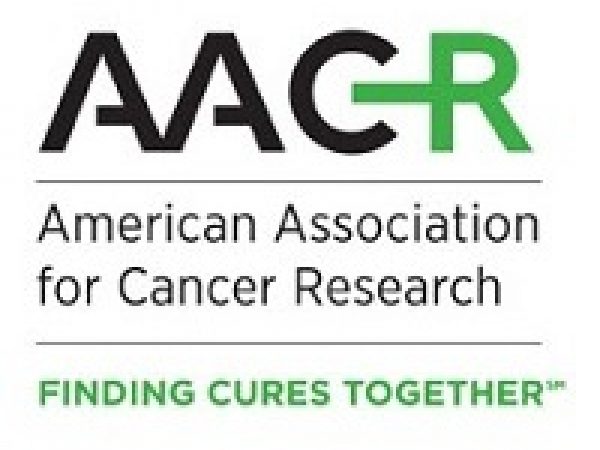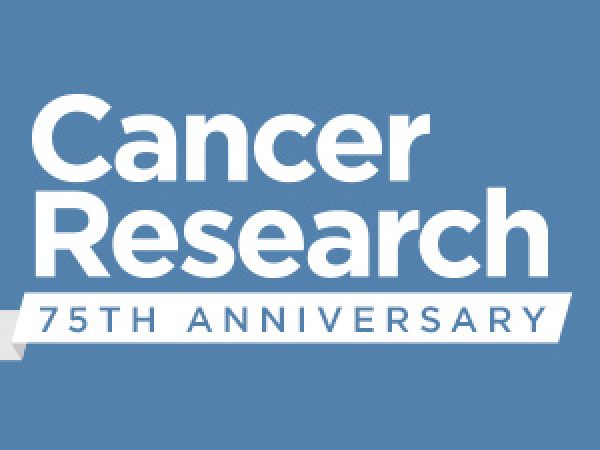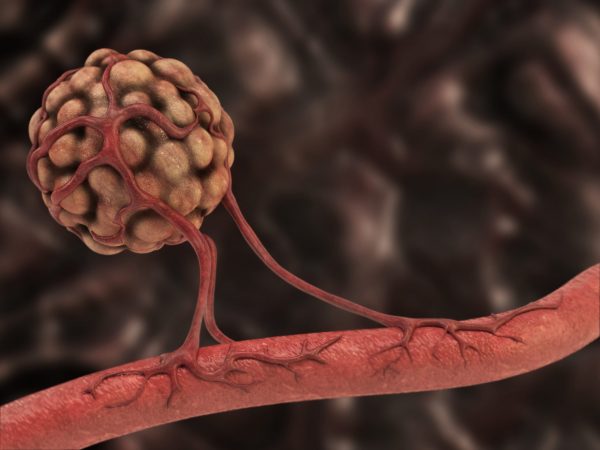SABCS 2021: How Are Breast Cancer Survivors Navigating Life During the COVID-19 Pandemic?
When Abigail Johnston’s first child entered preschool six years ago, a vigilant pediatrician recommended an unusual strategy for minimizing germ exposure for the rest of the family.
“Every day when my son came home, he took off his clothes and took a shower immediately,” Johnston said. The practice seemed extreme at the time. But in the intervening years, many things changed for Johnston and her family. In June 2017, Johnston was diagnosed with metastatic breast cancer, altering her life as a busy attorney and mother and launching her on a new course of patient advocacy.
Today, Johnston’s children are 8 and 6 years old, and are once again changing out of school clothes and hopping in the shower when they return home. It’s one way the Johnston family balances the risk of COVID-19 exposure while she struggles with the side effects of cancer therapy that has kept her alive.
Johnston spoke during a session at the San Antonio Breast Cancer Symposium (SABCS), held Dec. 7-10. The American Association for Cancer Research (AACR) is a cosponsor of SABCS. For the first time ever, this year’s SABCS took place in a hybrid format, reflecting continuing challenges of the COVID-19 pandemic. While some progress has been made, new variants and uneven vaccination uptake make the virus a continuing threat, both in society as a whole and in the daily lives of cancer patients and survivors, as Johnston discussed in an advocate forum.
Among many side effects of her cancer treatments, Johnston suffers from neutropenia, she explained. People with neutropenia have too few neutrophils, a type of white blood cell that fights infection. Even before the pandemic, Johnston took measures to avoid illness, such as staying away from crowded public spaces.
The COVID-19 pandemic spurred her to tighten those measures. Vaccines brought some relief to her persistent anxiety over contracting the virus, especially once her children were eligible to be vaccinated. She said she frequently encounters people who don’t wear masks and allege that the pandemic is a hoax. While she finds that upsetting, she carries on trying to find a balance between protecting her family’s health and letting them enjoy some freedom and flexibility.
“We realize masks, taking showers, and getting vaccinated are not 100 percent effective, but whatever we can do to keep ourselves safe, we do,” she said.
Sharon Anderson, who was diagnosed with inflammatory breast cancer in 2013, was eager to receive the COVID-19 vaccine, and got both doses in February 2021. Still, she came down with COVID-19 in August. She said that while her symptoms were not severe, she still struggles with residual fatigue.
“Had I not been vaccinated, I think my outcome could have been worse,” she said. “I encourage everyone to get vaccinated—if not for you, for family, friends, and strangers.”
As a Black woman, Anderson said she understands that some of her peers don’t always trust medical professionals. She grew up in Alabama and was well aware of the Tuskegee experiment that has created a legacy of mistrust among many Black Americans.
Nonetheless, she urges her peers to be active advocates for their health, encompassing cancer, COVID-19, and more.
“We really need to move past the past,” she said. “We need to get past being fearful of treatments and need to participate in research and clinical trials.”
Isabel Centeno is a breast cancer survivor and a psycho-oncologist in Mexico, where poverty has limited access to COVID vaccines and exacerbated the financial fallout from the pandemic. She traced the story of Brenda, a young woman in Mexico whose husband lost his job early in the pandemic. The woman has since given birth to two children, was diagnosed with stage 2 breast cancer, and came down with COVID. The family has paid for a patchwork of health care by selling personal possessions and holding raffles.
Brenda’s story exemplifies the precarious financial state many families are in two years into the pandemic, Centeno said.
While Brenda has faced an unusual number of health problems, her experience mirrors that of women around the world whose race, socioeconomic status, or geographic location make them less likely to be able to access high-quality health care and more likely to experience poor outcomes from breast cancer, Centeno said.
“It will take several generations to overcome the economic breakdown families will experience when COVID and cancer meet,” she said.



